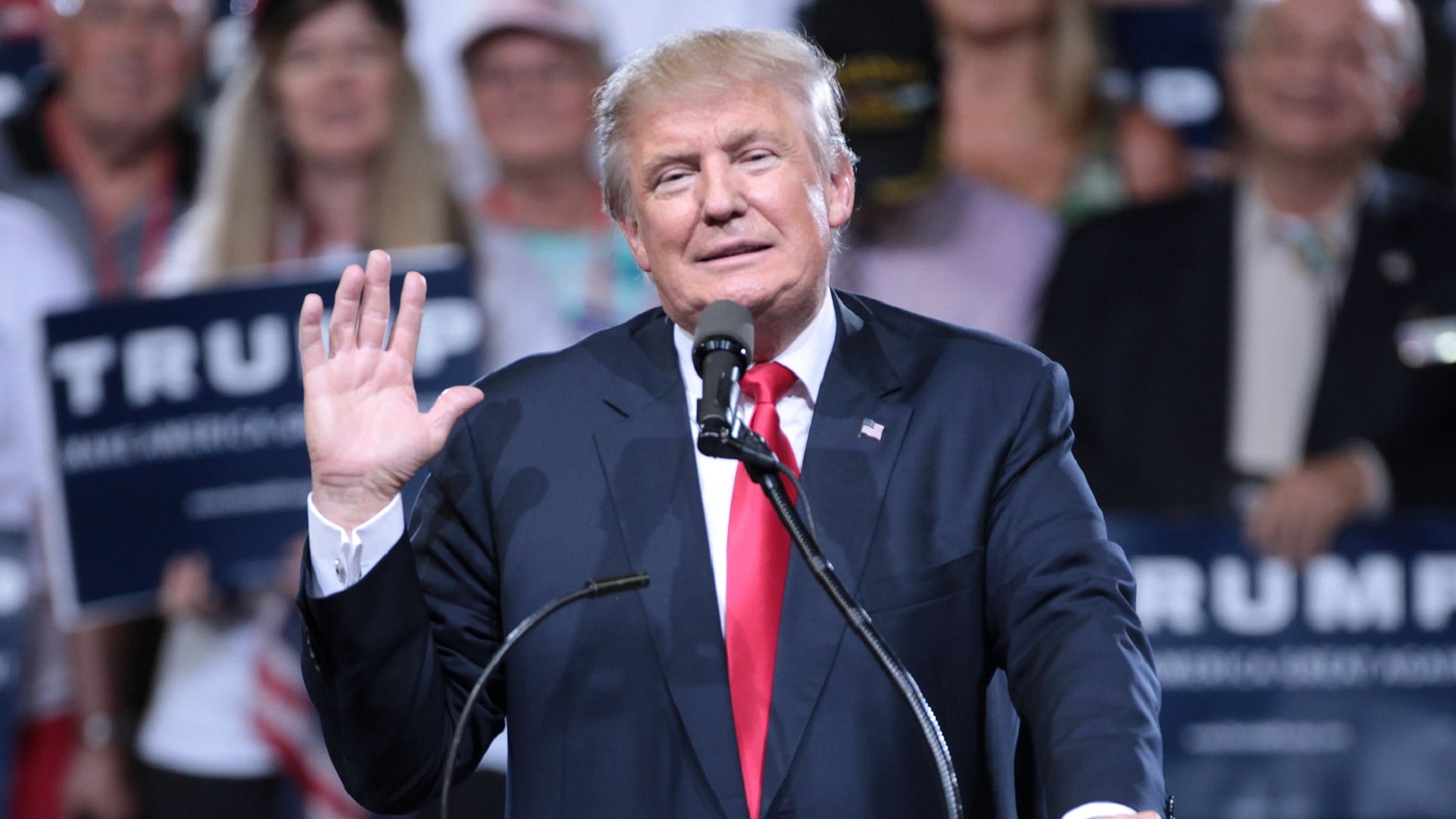Last week, the Department of Justice briefed the DC Court of Appeals, where civil suits against former President Donald Trump are pending.
The briefs pertained to what exactly presidential immunity covered. Anything that a president does in the official duties of his office is immune from prosecution.
But the question for the appeals court was Trump’s speech during the January 6th riots fell within the scope of presidential duties, making it immune from prosecution.
The DOJ said no, Trump’s speech relating to the January 6th riots did not fall within the scope of his duties as president and was hence not immune from prosecution.
In doing so, the DOJ may have laid “the groundwork for a potential criminal indictment against Trump for inciting the insurrection.”
The DOJ position keeps door for criminal charges open
“If [DOJ] took the position that the president was absolutely immune, then they wouldn’t be able to bring a criminal prosecution,” one person familiar with the DOJ’s investigation told The Daily Beast.
“Had DOJ concluded that incitement unprotected by the First Amendment could nevertheless be within the president’s official functions, that could conceivably have impacted criminal charging decisions related to the same speech,” said Mary B. McCord, a Georgetown Law professor.
The DOJ submitted their brief at the request of the DC appeals court, which is hearing civil cases from police officers who were injured in the January 6th riots.
The brief asserted the opinion that Trump’s speech was not protected under presidential immunity, nor under personal First Amendment rights.
“Such incitement of imminent private violence would not be within the outer perimeter of the Office of the President of the United States,” the DOJ brief asserted.
However, the brief also said that the DOJ does not necessarily support police officers bringing lawsuits against the president, saying that it “expresses no view on that conclusion, or on the truth of the allegations in plaintiffs’ complaints.”
Of course, the DOJ’s brief has as much legal weight as this article. It doesn’t decide anything.
It is not legally binding in anyway.
Ultimately, the DC Court of Appeals will decide whether Trump’s speech was protected under presidential immunity.
Yet, the DOJ brief is valuable in that it offers an insight into the viewpoints of the organization conducting two criminal investigations into President Trump.
The brief could have said the President’s actions were covered under presidential immunity – and implicitly it would have indicated that the DOJ was not going to bring charges against Trump for his involvement in the January 6th riots.
But with the brief suggesting Trump’s actions were not covered under presidential immunity, it suggests the DOJ is at minimum open to the idea of bringing criminal charges. The DOJ may ultimately decide not to bring charges against Trump – but that decision will hinge on something other than presidential immunity.
So, the DOJ has cleared a major hurdle, intellectually, in bringing charges against Trump.
Will the DOJ bring charges against Donald Trump?
That’s the big question. I don’t have an answer. Clearly, the DOJ is taking a good faith look at whether Trump participated in criminal wrongdoing. If the DOJ did bring charges against Trump, it would mark the first time in US history that a former president had been charged criminally.
Liberals have been salivating, likely praying, for Trump to be charged criminally since the day he was made the GOP nominee in 2016.
The DOJ brief suggests that those liberal prayers are still within the realm of possibility.
MORE: Are We Watching the End of Donald Trump?
MORE: Liz Cheney: Could She Join the Democratic Party?
MORE: Liz Cheney: The Next President of the United States?
Harrison Kass is the Senior Editor at 19FortyFive. An attorney, pilot, guitarist, and minor pro hockey player, Harrison joined the US Air Force as a Pilot Trainee but was medically discharged. Harrison holds a BA from Lake Forest College, a JD from the University of Oregon, and an MA from New York University. Harrison listens to Dokken.

